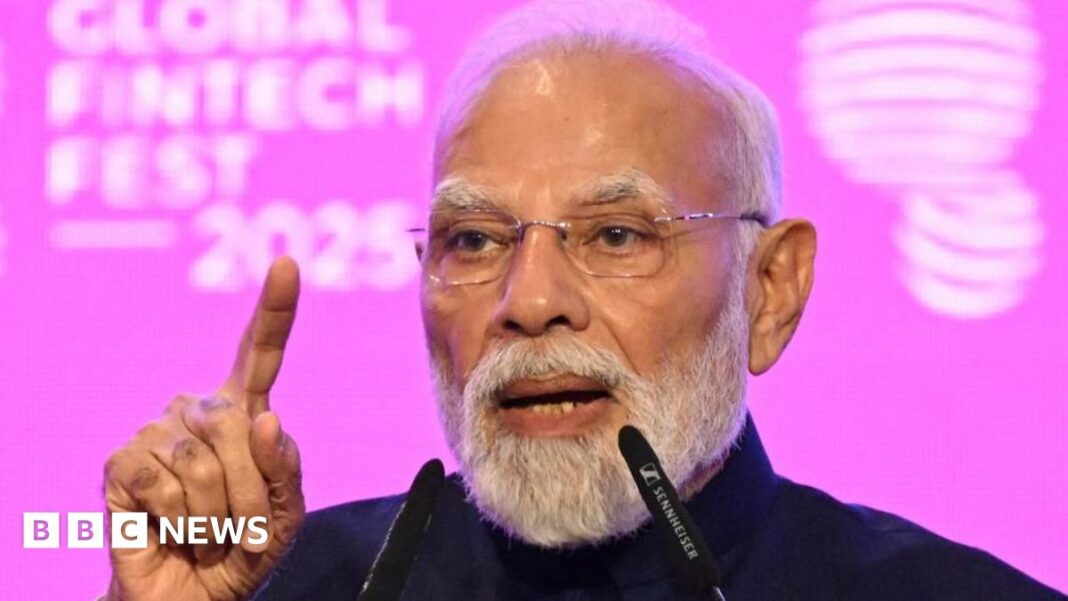Trump’s Push for Energy Sanctions Against Russia
In a recent remark in the Oval Office, former President Donald Trump stated, “Now I’ve got to get China to do the same thing.” This comment reflects his administration’s ongoing efforts to influence global economic policies, particularly in relation to energy sanctions against Russia. With the war in Ukraine escalating, the call for nations to cease their oil transactions with Moscow has become a focal point in U.S. foreign policy.
A Broader Strategy Against Russia
The Trump administration is not just targeting China in this push; it’s calling on other major trading partners as well. The motivation behind these requests is straightforward: to cut off sources of funding for Russia’s military operations. By halting oil purchases from Russia, these nations could significantly impact Moscow’s ability to finance its activities in Ukraine. This strategy reflects a concerted effort to apply economic pressure on Moscow in tandem with diplomatic and military support for Ukraine.
India’s Stance on Oil Purchases
Despite the U.S. pressure, Indian Prime Minister Narendra Modi has taken a firm stance. During discussions, Trump acknowledged that India cannot “immediately” halt its oil shipments from Russia. Modi’s position focuses on maintaining a neutral line in the ongoing conflict, which he argues is essential for India’s national interests. The Indian government has been careful in navigating these geopolitical waters, emphasizing its longstanding ties with Russia while balancing its relationships with Western powers.
Tariffs and Economic Punishment
In response to India’s continued purchasing of Russian oil and weapons, the Trump administration imposed significant tariffs—up to 50%—on goods imported from India. These levies, among the highest in the world, are seen as a form of economic punishment aimed at changing India’s behavior regarding its energy imports. Notably, a 25% penalty specifically targets transactions with Russia, attesting to the administration’s proactive measures to cut off economic support to Moscow.
The Complexity of Global Relations
Modi’s steadfastness amidst these mounting pressures highlights the complex web of international relations in times of conflict. While the U.S. views energy dependence as a critical issue, India has a diversified approach, seeking to balance its traditional partnerships while adapting to a rapidly changing geopolitical landscape. The Prime Minister argues that India’s neutrality in the Russia-Ukraine war is essential for its own national security, a sentiment that resonates with many in the Indian government.
Implications for Future Engagements
The unfolding situation raises numerous questions regarding how global alliances will adapt in response to ongoing sanctions and geopolitical tensions. As nations like China and India navigate their ties with the U.S. and Russia, the implications for future energy policies and economic strategies could be profound. Whether Trump’s ambition to unify global actions against Russia will succeed remains to be seen, but the friction between major economies suggests a significant reshaping of international energy dynamics is underway.
A Global Challenge
In essence, the interplay of U.S. sanctions, Indian diplomacy, and Chinese ambitions forms a complex narrative in contemporary global politics. As countries grapple with their energy needs and international commitments, the next steps taken by these powers will be crucial, not just for their individual futures, but for the overall stability of global energy markets and geopolitical relations.



